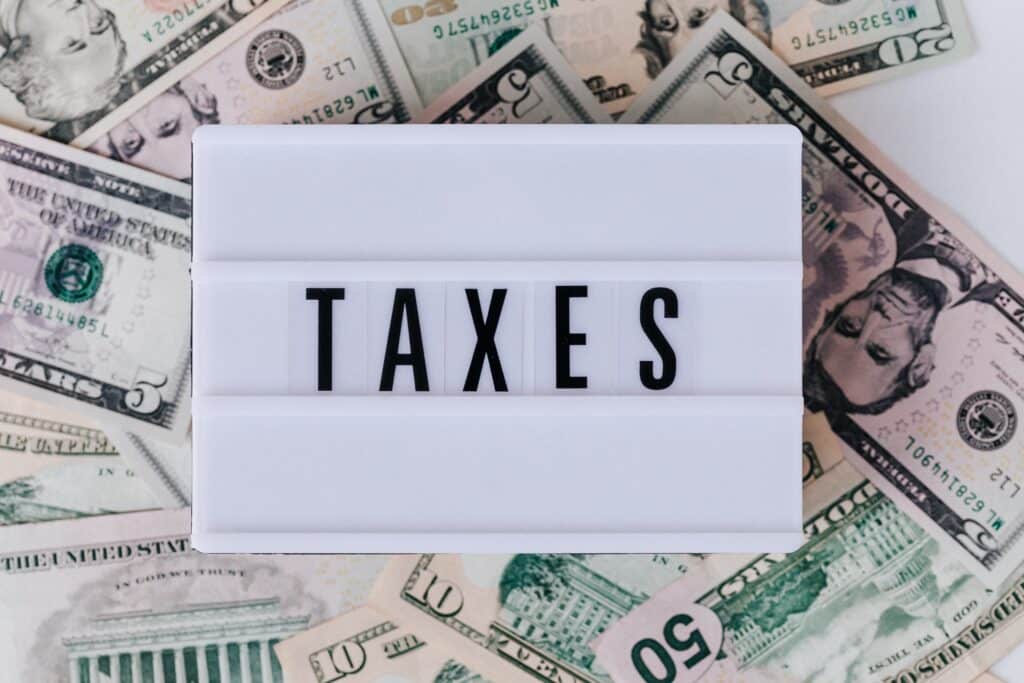Navigating Risks and Rewards: Understanding the Impact of Expanded Tax Credits on Renewable Energy
Incentivizing Clean Energy: The IRA’s Impact on Renewable Investment
In the last year and a half, the Inflation Reduction Act (IRA) has made a big impact on renewable energy development in the United States and worldwide. It expanded investment tax credits (ITCs) and production tax credits (PTCs), making them simpler to use and more effective. Now, investors can sell these credits directly, without complicated ownership arrangements. These tax credits give a direct reduction in tax bills, which encourages investments in renewable energy, helping fight climate change.
Buying ITCs and PTCs at a lower price than their value can bring good returns on investment (ROI), reducing federal tax bills significantly. However, there are risks involved like the possibility of having to repay the credits if the renewable energy asset is sold within five years. Services are available to help manage these risks and understand the complex rules surrounding these tax credits. Despite the benefits, it is important to be cautious because changes in government policies or the renewable energy market can affect the value and availability of these credits.

Tapping into Tax Credits Investments: How IRAs Unlock Unlimited Growth Opportunities (PHOTO: Gray Group International
Navigating the Rewards and Risks: Maximizing Returns with Renewable Energy Tax Credits
Companies and individuals can benefit from investing in ITCs and PTCs by saving on taxes, supporting clean energy, and having more flexibility in financial planning. However, it’s crucial to be aware of the risks involved, especially in a market that can change due to government decisions and market trends. Organizations should consider seeking professional advice to make informed decisions about using these tax credits to their advantage.

















































